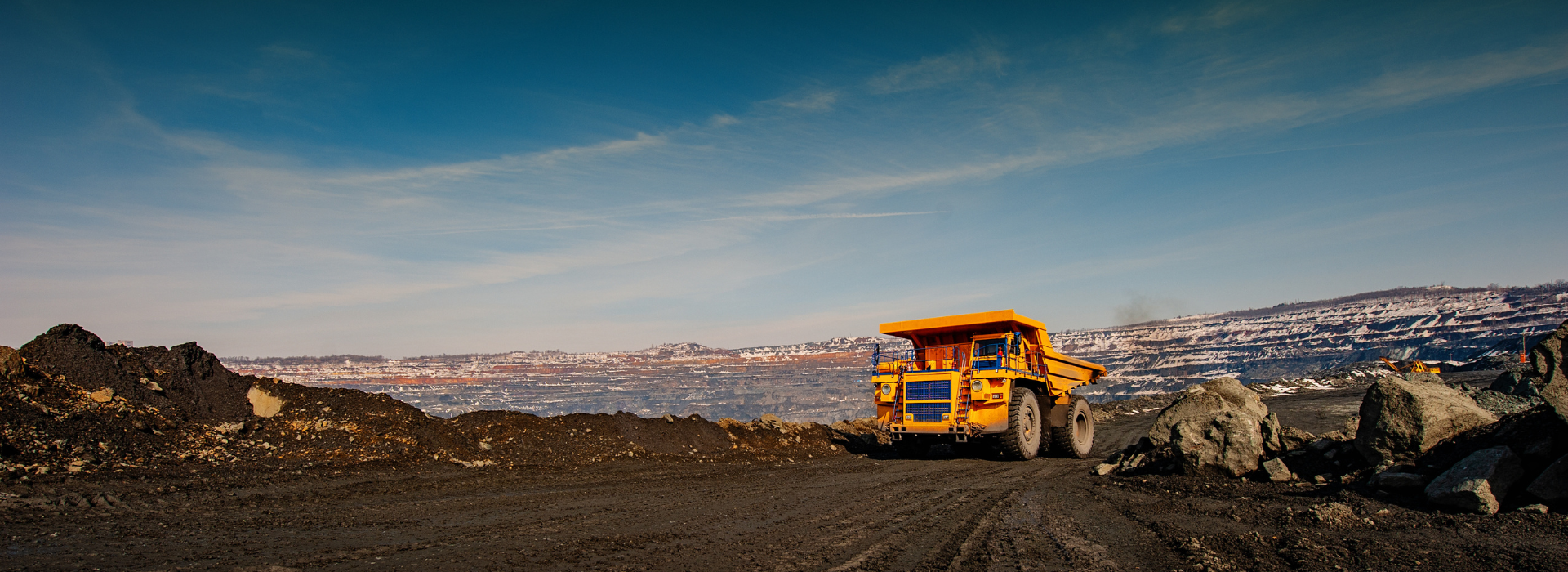Takeaways from the World Mining Congress

Escalating demand for critical minerals requires market transparency.
The demand for critical minerals is experiencing accelerated growth, while the supply remains slow. This situation is exacerbated by a high concentration of producers and refiners, as well as environmental and social issues associated with their extraction. To address these challenges, market transparency is crucial, along with scaling up investment in the supply chain and fostering technology innovation. Additionally, promoting recycling efforts and ensuring readiness for disruption are essential for building resilience.
Governments are increasingly recognising the importance of critical minerals and are taking steps to raise awareness and integrate environmental, social, and governance (ESG) considerations into their policies. It is important to prioritise creating sound and stable investment environments and facilitating fair practices and competition. By doing so, countries can transform their economies and avoid rendering themselves uncompetitive.
"Market transparency is crucial, along with scaling up investment in the supply chain and fostering technology innovation."
The mining industry needs to address its culture to regain trust.
Rebuilding trust in the mining industry requires addressing and confronting, among other challenges, the powerful stories of sexual harassment that have emerged from the various culture assessments published over the past year. The normalisation of such behaviour in the workplace is a pressing issue, and it is our responsibility to act and speak up against these events and challenge the system.
"The industry’s greatest calling is to support the world with critical minerals, and this can only be achieved through a commitment to mining sustainably, which includes prioritising the well-being and safety of all individuals involved."
Accelerating industry-wide action on diversity, equity, and inclusion (DEI) is paramount. Members of the International Council on Mining and Metals (ICMM) have committed to set individual corporate goals to promote a more inclusive and respectful work environment. Increasing transparency through reporting incidents and progress towards DEI goals is essential.
Collaboration with industry peers and stakeholders is crucial to foster a culture of trust and accountability. It is important to recognise that the industry’s greatest calling is to support the world with critical minerals, and this can only be achieved through a commitment to mining sustainably, which includes prioritising the well-being and safety of all individuals involved. By actively addressing these issues and rebuilding trust, the industry can embark on ramping up the supply of critical minerals with the confidence and support of stakeholders.
Governments have an essential role to play in managing the increase in demand for critical minerals.
Governments play a crucial role in securing the supply of critical minerals. It is imperative that governments echo the need for these minerals and increase awareness of their importance. Integrated thinking, where environmental, social, and governance (ESG) factors are considered together, is essential. Failure to create favourable investment conditions may render countries uncompetitive, as capital will naturally flow to regions where returns are higher.
Governments must do their share to transform their economies by investing in infrastructure, research, and development, and creating policies that promote sustainable mining practices. It is important to recognise that governments’ actions, both local and foreign, will have a significant impact on the critical minerals supply chain.
"Governments’ actions, both local and foreign, will have a significant impact on the critical minerals supply chain."
Metals and minerals industries need to decarbonise.
Decarbonising the minerals industry requires a shift in mindset, considering decarbonisation as an investment rather than a cost. It is essential to recognise that the returns and time frame of this investment may differ from traditional measures. The industry’s priority should be addressing diesel emissions, followed by focusing on methane emissions from coal mines.
As there are no ready-made solutions, collaboration, and pooling of resources across industries and academia are necessary to find effective solutions to methane-related challenges. Switching to renewable energy sources can help address scope 2 emissions, and partnerships such as joint ventures with renewable energy companies can aid in developing renewable energy supplies in regions like Sub-Saharan Africa. However, addressing scope 3 emissions requires getting investors to understand the effort and cost associated with the transition.
In addition, the industry’s reliance on the transformation of the steel industry in China is crucial, as it depends on the adoption of higher quality materials and technology changes. Overall, decarbonising the minerals industry requires a multifaceted approach, collaboration, and a long-term perspective on investment returns.
"Decarbonising the minerals industry requires a shift in mindset, considering decarbonisation as an investment rather than a cost."
For the future of mining, global collaboration is necessary.
The future of the minerals industry will be characterised by more diverse mining operations and the opening of new jurisdictions. Achieving success in this future requires global cooperation between companies and governments, with a focus on environmental and heritage protection, as well as capital protection.
Policy certainty and taxation frameworks are essential for attracting investment and ensuring the industry’s sustainability. Several mega-trends will shape the industry, including changing demographics, resource scarcity, geopolitics, technology advancements, and the impacts of climate change.
The industry faces challenges such as resource nationalisation, increasing demand for minerals, declining availability of high-quality and easily accessible resources, the adoption of digital technologies, and the integration of environmental, social, and governance (ESG) considerations. In response, the industry needs to embrace globalisation and receive focused government funding and support.
"Stimulating cooperation on infrastructure, promoting competition, adopting a coordinated approach, implementing sound regulations, and encouraging productivity are crucial."
Stimulating cooperation on infrastructure, promoting competition, adopting a coordinated approach, implementing sound regulations, and encouraging productivity are crucial. Every country must ask themselves three questions: what minerals endowments answer current needs, how to extract them sustainably, and where they will come from. By addressing these questions and embracing proactive measures, the minerals industry can navigate the challenges and seize opportunities in the future.